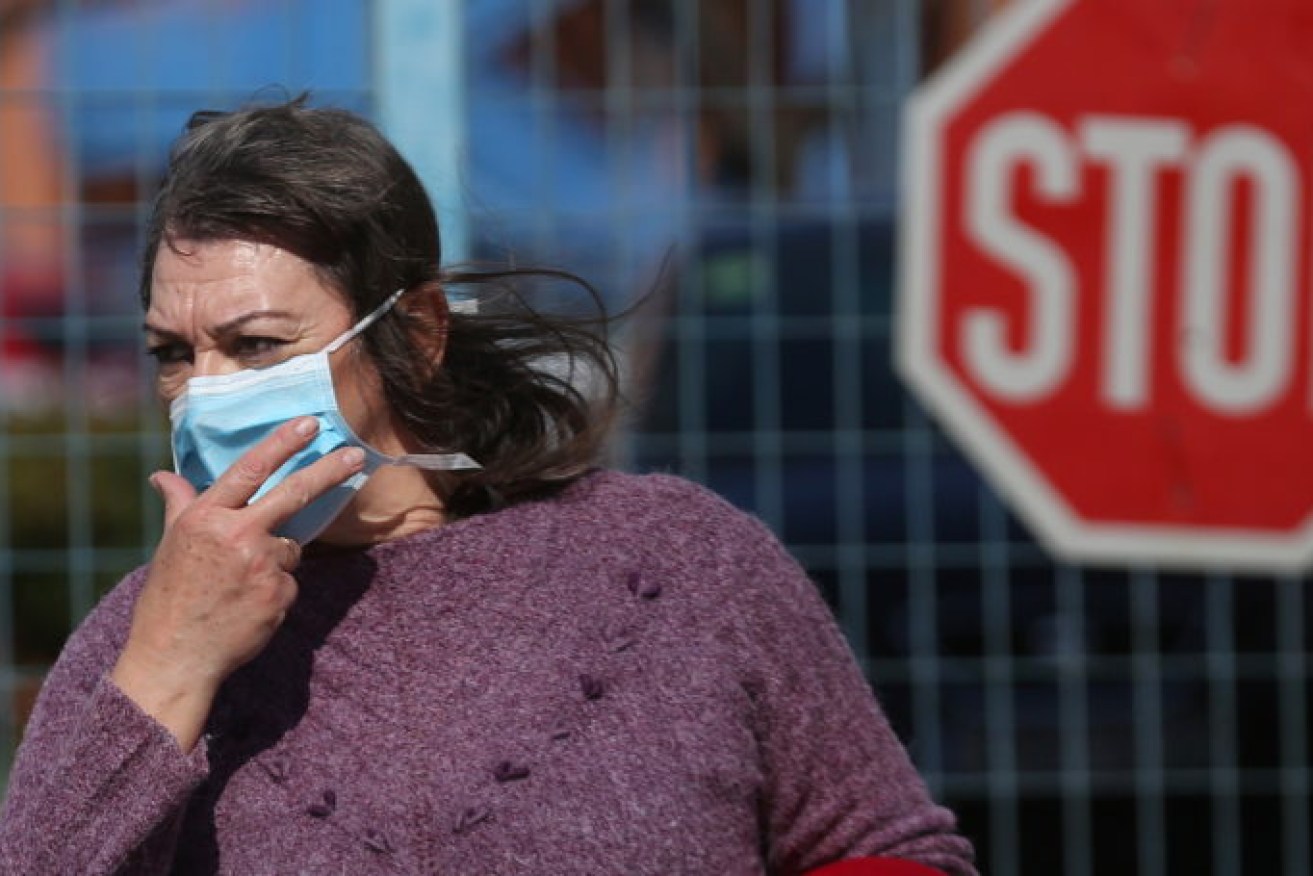Coronavirus sparks SA health law reform to detain, isolate
The Marshall Government will move to change the state’s Public Health Act amid escalating coronavirus fears, in a move designed to give authorities greater powers to detain and isolate potential carriers.

Photo: supplied
The Government will tomorrow move to introduce the changes to parliament, which it says will allow for “a more timely and rapid process for the Chief Public Health Officer to detain a person engaging in conduct that presents a risk to the public” and allowing “detention, in urgent circumstances, where there have not been prior breaches or non-compliance, or the service of a direction”.
The changes include allowing for a warrant to be issued to detain a person considered to be “engaging in conduct that creates a risk of spreading disease”.
The reforms would also expand legal controls to people “who could have been exposed to a controlled notifiable condition” – a measure previously limited to people with a controlled notifiable condition, or have been exposed to one.
Chief Public Health Officer Nicola Spurrier said public health of South Australians was “paramount”, beyond the current outbreak.
“With these proposed changes, we will be able to provide a more rapid and timely response to public health risks related to infectious diseases,” she said in a statement.
“These changes will ensure – where necessary – verbal orders or directions could be given, making our response quicker and safer for all South Australians.”
Premier Steven Marshall insisted there was “no need to be alarmed” by the changes.
“Part of strengthening our state’s protection is to make sure that our public health experts have the powers they need to protect South Australians,” he said.
“We know people are anxious, and I assure the people of SA that you are unquestionably our priority.”
Marshall told reporters “we are now seeing increased evidence of outbreaks around the world… and we’ve got to take every single possible precaution to make sure South Australians are protected.”
He challenged parliament to pass the reforms quickly, saying he would be providing a briefing for the Opposition and crossbenchers, and adding he reserved the right to recall parliament if the legislation did not pass within the week.
“We want to update and amend legislation… to provide additional powers to make sure the chief public health officer can act decisively and quickly,” Marshall said.
“These are necessary legislative changes… we need to prepare for all scenarios going forward.”
Health Minister Stephen Wade said the ability to place orders on individuals quickly during a public health outbreak – on the basis of the risk they may pose to the community, rather than proven contact with a case – could prove critical to preventing the spread of infection.
The push to change SA law comes as the nation’s chief medical officer says Australia can no longer keep new coronavirus cases out of the country.
Professor Brendan Murphy made the comment while explaining why Australia has banned arrivals from virus-hit Iran, but not two other major hotspots, Italy and South Korea.
“It is no longer possible to absolutely prevent new cases coming in, given the increasing changes in epidemiology around the country,” he told reporters this morning.
He said the Iran outbreak was considered high risk, and the travel ban was considered an effective strategy to slow the spread of the disease.
But a different view has been taken on Italy and South Korea, where outbreaks are considered contained, confined and localised.
“In the case of Iran, it’s such a high risk that a travel ban is worth doing, because it will slow down the number of cases,” Murphy said.
“In Italy and South Korea, where they have large outbreaks but they are confined and [have] been localised, the risk, the proportionality of putting in a travel ban was not justified in terms of its benefits to the health protection of the Australian community.”
The government has upgraded its travel advice for Italy.
Australians intending to travel there have been told to exercise a high degree of caution across the entire country, and to reconsider the need to travel to 10 virus affected towns in Italy’s north.
-additional reporting by AAP




